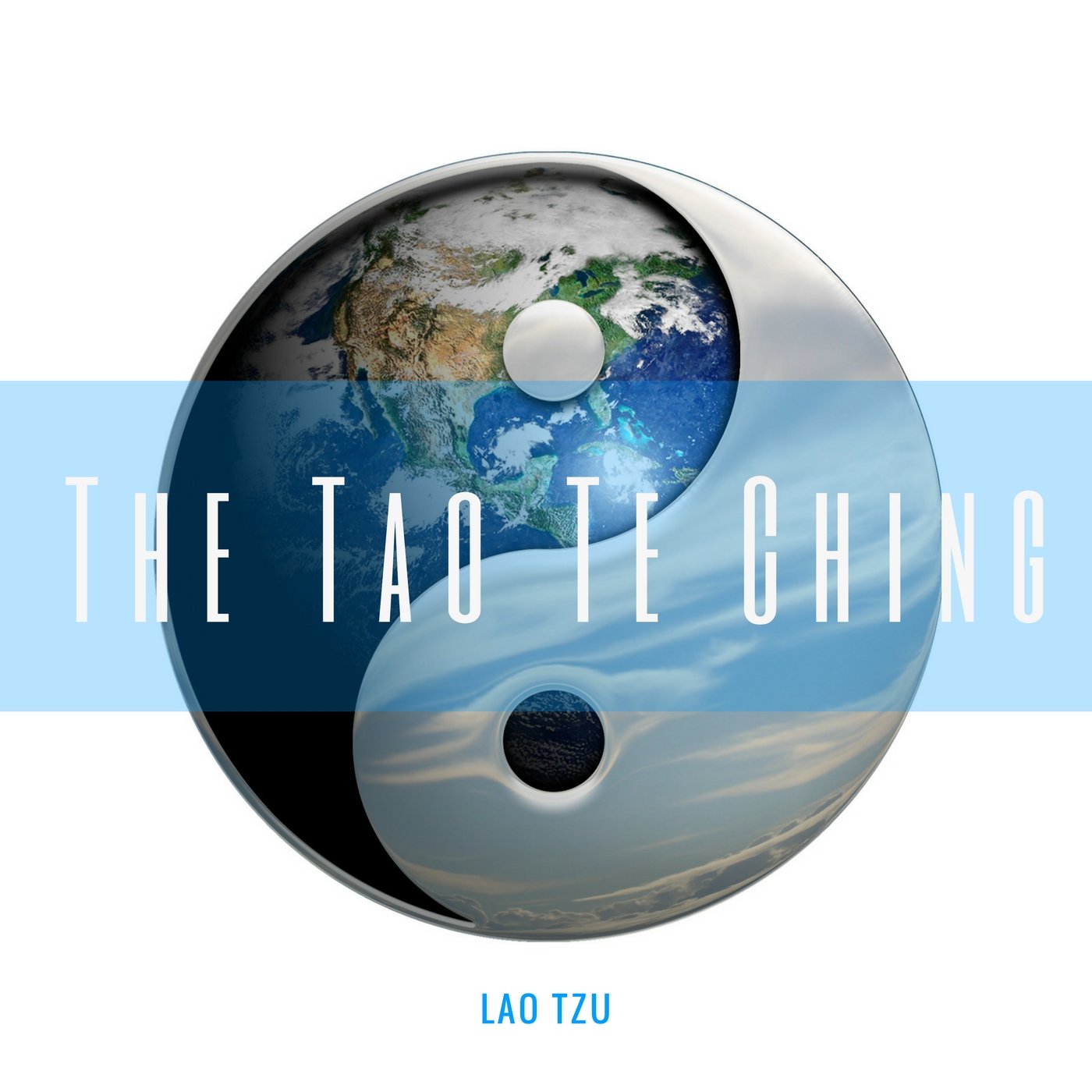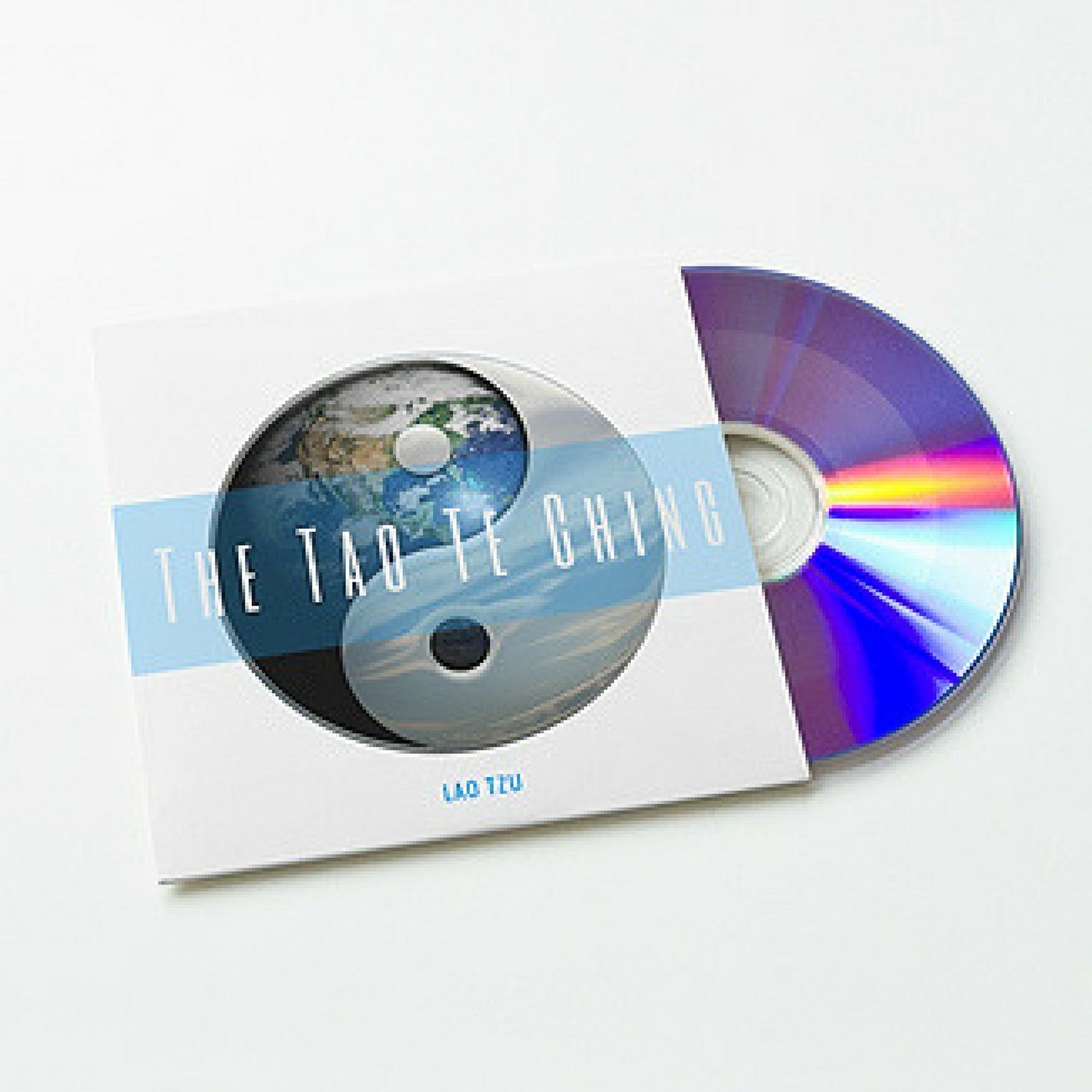Best the first to get our promotions

The Tao Te Ching (Audiobook)
Description
Written in classical Chinese some time during the sixth century BC, The Tao Te Ching or The Tao and its Characteristics is a classical Chinese text that is one of the important keystones in understanding the thought systems of Asia.
Though no clear records exist, it is traditionally thought to have been the work of the sage Lao Tzu, the founder of classical Taoism. He is reputed to have been a contemporary of Confucius, though this is also shrouded in mystery.
However, many succeeding emperors and dynasties have claimed that he lived in their eras. The term Lao Tzu itself means only “Ancient Master” and though his historicity remains in doubt, his work is revered and honored even today.
Taoism is the tradition of ethics, philosophy, politics and religious tradition of Ancient China in which the emphasis is on living in harmony with the principles of Tao or the “path.” It has had a deep and abiding influence on Chinese literature, art, music and culture.
As it spread throughout Asia, it also had a great impact on astrology, alchemy, martial arts, traditional Chinese medicine, Zen Buddhism, feng shui and many other schools of thought.
This translation was undertaken by James Legge, a Scottish missionary who worked in Malacca and Hong Kong besides mainland China and went on to become a professor of Chinese Studies at Oxford University.
He is most famous for co-authoring The Sacred Texts of the East in collaboration with Max Mueller, a monumental work that spanned fifty volumes and took almost fifteen years to complete. The Tao Teh King, or the Tao and its Characteristics by Lao Tze is part of that series and was published in 1880.
The Tao Teh King.... has been translated more than 250 times into English, German, French and a host of Western and Eastern languages.
However, one of the enduring issues with translating ancient Chinese texts is the cryptic nature of the language itself. Ancient Chinese language is based in delicate nuances, allusions, metaphors and subtexts which are wide open to interpretation.
There are no punctuation marks in the language and the syntax itself is vague and provides a puzzle for the translator. Hence, there is no definitive translation of this work. The original was written on bamboo strips joined with silk and it is no longer available in its complete form.
Chapters
- Chapters 1-9
- Chapters 10-18
- Chapters 19-27
- Chapters 28-37
- Chapters 38-45
- Chapters 46-54
- Chapters 55-63
- Chapters 64-72
- Chapters 73-81
Files
When you buy our audiobook, you receive files in the following format:
MP3.
Pickup currently not available
Need help?
Contact us at info@22lions.com or click here.

